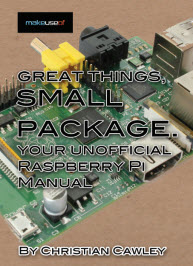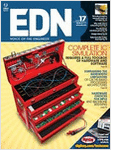Mini Point-of-Sale Terminal
This project is a portable Point of Sale terminal designed specifically to handle lab manual and class supply sales in a university environment. This involves three short but very busy sales periods per year ( less than 1 week each), using staff with no training on a cash register per-se. Commercial POS terminals were thought to be too expensive and complicated for this purpose, so an inexpensive, simplified terminal was designed by Brian Millier. The project based on Renesas M16C microcontroller and its firmware is written in C, using the HEW3 IDE.

The POS terminal uses a common barcode hand scanner, which reads barcodes printed on the lab manuals, class notes, safety supplies etc. The terminal contains a Flash memory database containing the barcodes, descriptions and prices, and displays that information when the barcode is scanned in. A large graphic LCD display shows each item sold on its own line, and the total sale at the bottom. An LED display, oriented toward the customer, shows the cost of each item, as it is scanned in. All functions are performed by four push-buttons located along the bottom of the LCD display (which shows their specific function at any given point in time). A Rotary encoder is used to navigate amongst the various items sold, if the customer asks to cancel a particular item.
Prior to the sales period, the database is loaded into the terminal from a PC, using a standard COM port. It is stored in a high capacity Data Flash EEPROM. At the end of the sales period, the sales totals are uploaded to the PC, again via the COM port. A small Visual Basic application, running on the PC, handles this transfer. It also provides an interface to an Excel spreadsheet, which is used to hold both the original database information (the barcode strings, descriptions and prices) and the sales totals. The Excel spreadsheet format was used because the accounting staff were used to using this for many other purposes.






